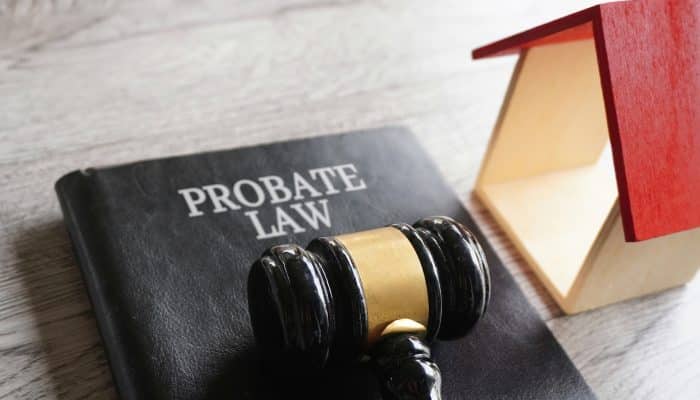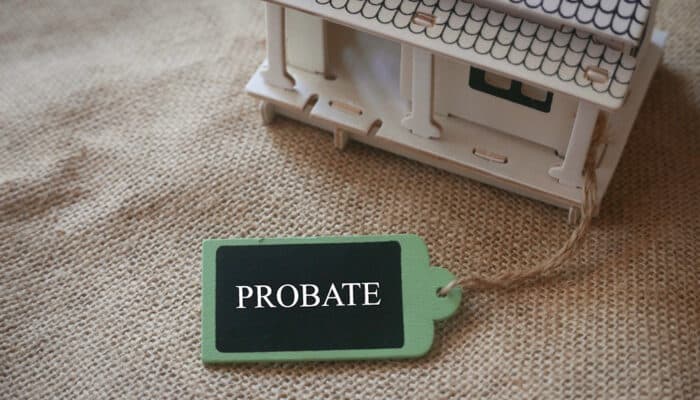A Lady Bird Deed, also known as an enhanced life estate deed, is a legal instrument unique to a handful of states, including Florida. This estate planning tool allows property owners to maintain full control of their property during their lifetime while designating beneficiaries—also known as remaindermen—to inherit the property automatically upon their death. Unlike traditional life estate deeds, a Lady Bird Deed enables the property owner to sell, mortgage, or modify the deed without requiring the beneficiaries’ consent. This flexibility, along with its ability to bypass probate, makes the Lady Bird Deed a popular choice for Florida homeowners seeking a streamlined approach to asset transfer.
Legal Requirements for a Florida Lady Bird Deed
For a Lady Bird Deed to be valid in Florida, it must meet the following requirements:
- Grantor – The current property owner must sign the deed before two witnesses and a notary.
- Enhanced Life Estate – The grantor must retain complete control over the property during their lifetime.
- Remainder Beneficiary – The deed must specify beneficiaries who will inherit the property upon the grantor’s death.
- Legal Description – A formal legal description of the property, distinct from the postal address, must be included.
- Homestead Provision – If the property qualifies as a homestead, the deed must confirm its homestead status to ensure continued exemptions.
Advantages of a Lady Bird Deed in Florida
A Lady Bird Deed offers several estate planning benefits:
- Avoids Probate – By transferring property automatically upon death, Lady Bird Deeds help beneficiaries bypass the lengthy and costly probate process.
- Cost-Effective Alternative to a Living Trust – While living trusts serve a similar function, Lady Bird Deeds are simpler, quicker, and more affordable for individuals whose primary concern is their homestead.
- Retained Control – The property owner maintains full control, including the right to sell, mortgage, or modify the deed without notifying the beneficiaries.
- Tax Benefits – Beneficiaries receive a step-up in basis upon the owner’s death, reducing potential capital gains taxes if the property is sold.
- Medicaid Planning – Since the property does not pass through probate, it remains protected from Medicaid estate recovery claims after the owner’s death.
Potential Disadvantages of a Lady Bird Deed
Despite its advantages, a Lady Bird Deed comes with a few drawbacks:
- Limited Protection Against Creditors – While homestead properties remain protected, non-homestead properties with a Lady Bird Deed can still be subject to creditor claims.
- Potential Title Insurance Issues – Some title insurance companies may be unfamiliar with Lady Bird Deeds, leading to complications in securing title insurance or financing.
- Complexity in Beneficiary Selection – Without careful planning, disputes among remaindermen can arise, particularly if multiple beneficiaries are named.
Using a Lady Bird Deed for Medicaid and Probate Avoidance
A significant advantage of a Lady Bird Deed is its usefulness in Medicaid planning. Florida Medicaid cannot recover funds from a homestead property, but it can seek repayment from non-homestead properties within the probate estate. Because a Lady Bird Deed transfers property outside of probate, it protects non-homestead properties from Medicaid estate recovery.
Additionally, avoiding probate can simplify the transfer process for beneficiaries. Florida’s probate system is time-consuming and costly, requiring legal representation for formal probate proceedings. A Lady Bird Deed ensures that the property passes to designated beneficiaries or remaindermen without court intervention.
Key Differences Between a Lady Bird Deed and a Quitclaim Deed
Understanding the distinctions between a Lady Bird Deed and a Quitclaim Deed is essential:
- Immediate vs. Deferred Transfer – A Quitclaim Deed transfers ownership immediately, while a Lady Bird Deed delays the transfer until the grantor’s death.
- Control Over Property – With a Quitclaim Deed, the grantor relinquishes control upon execution. A Lady Bird Deed allows the grantor to retain control during their lifetime.
- Probate Considerations – Property conveyed through a Quitclaim Deed may still be subject to probate, whereas a Lady Bird Deed circumvents the process.
Steps to Execute a Lady Bird Deed in Florida
To create a Lady Bird Deed, follow these steps:
- Obtain the full legal description of the property.
- Draft the deed, ensuring it includes the enhanced life estate language.
- Sign the deed in the presence of two witnesses and a notary.
- Record the deed with the county recorder’s office to formalize the transfer.
Conclusion
A Florida Lady Bird Deed is a powerful estate planning tool that allows homeowners to transfer property efficiently while maintaining control during their lifetime. Its ability to avoid probate, provide Medicaid protection, and offer tax benefits makes it an attractive option for many Florida residents. However, because of potential title insurance concerns and the need for proper execution, consulting an experienced estate planning attorney is advisable. By understanding the advantages and limitations of a Lady Bird Deed, Florida homeowners can make informed decisions to secure their estate for future generations.
The foregoing is a brief and very general overview of the topic and the need for specific and experienced legal and tax advice is emphasized.
If you have any additional questions regarding the foregoing or have any legal issue or concern, please contact the law firm of CASERTA & SPIRITI in Miami Lakes, Florida.










